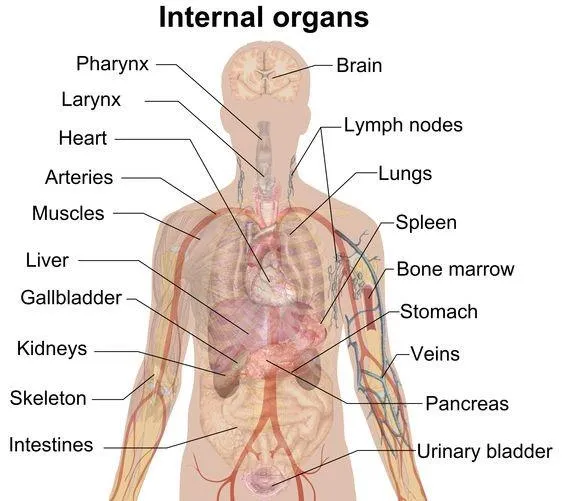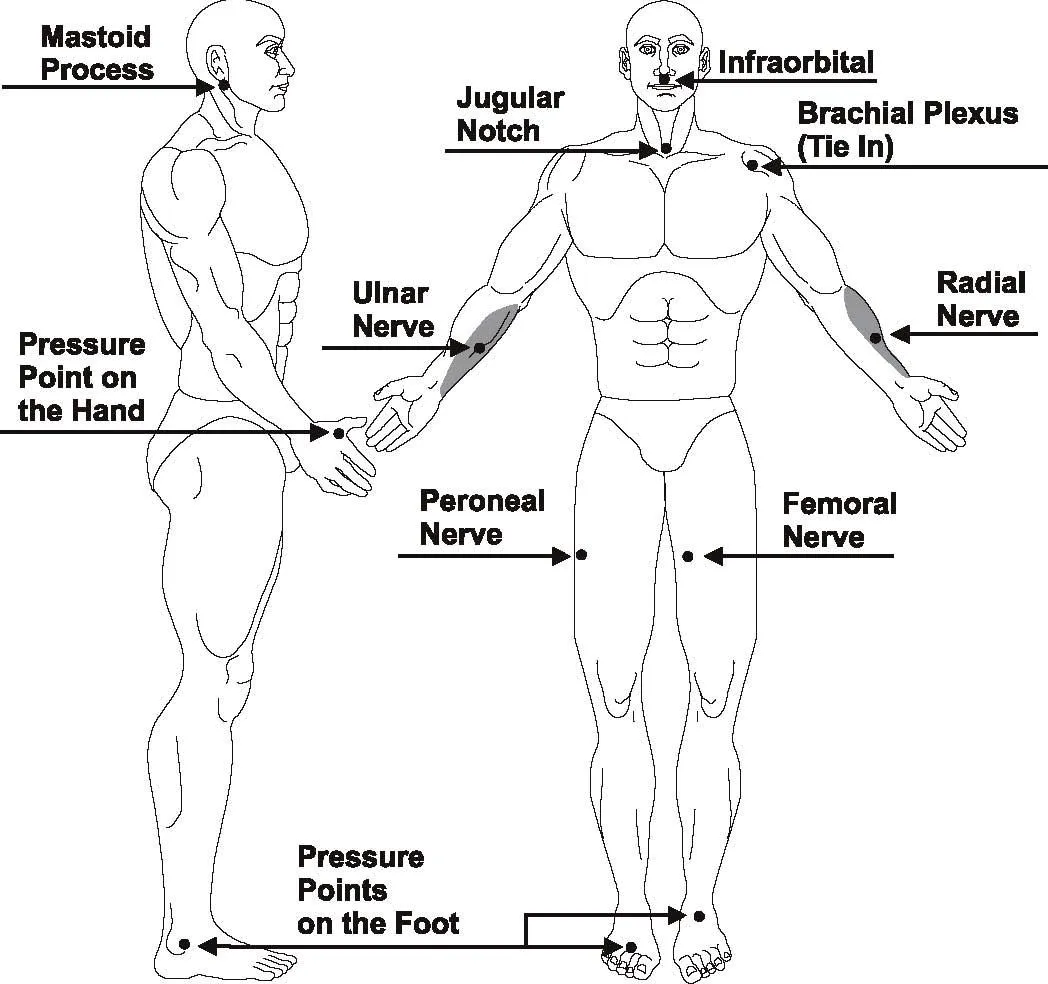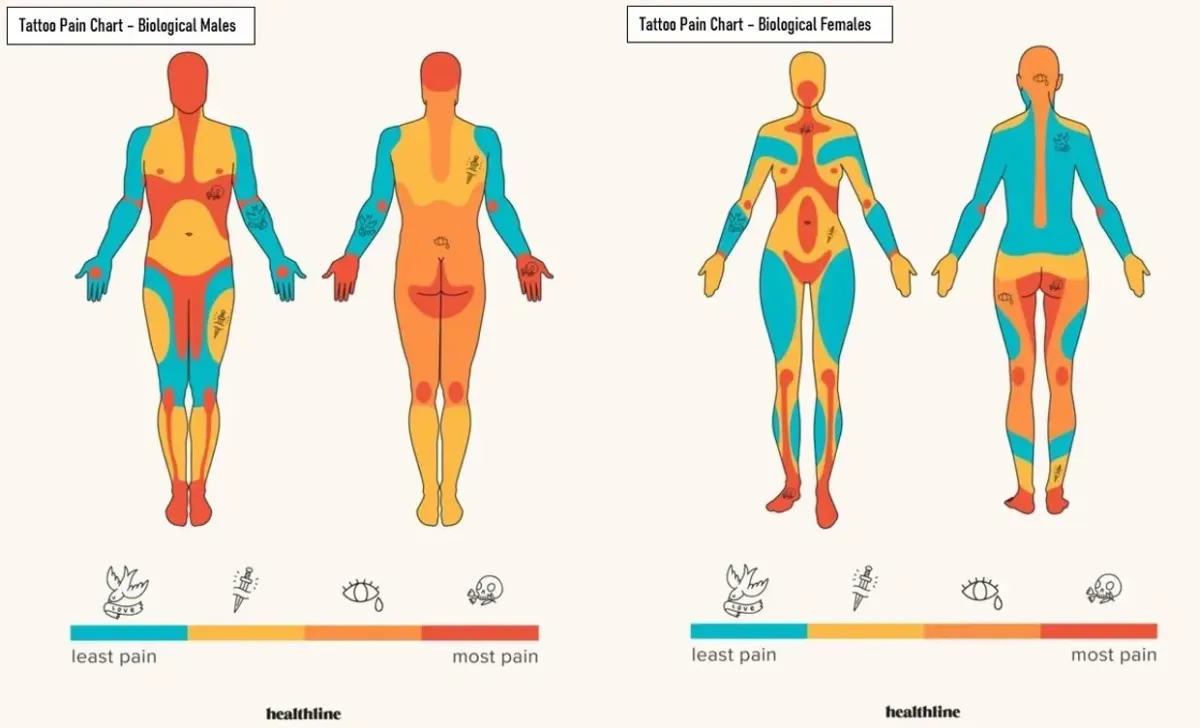INTRODUCTION TO IMPACT PLAY
What is Impact Play?
Impact play can be exciting, intimate, and deeply rewarding but it also needs to be taken seriously. Done with care, communication and attention to safety, it can be a beautiful way to explore pleasure and trust.
Impact play is a consensual BDSM activity involving the top/Dominant striking the bottom's/submissive's body (with hands or implements) for the purpose of creating pain, pleasure, sensation, or power exchange. People who enjoy impact play usually lean towards preferring either stingy or thuddy sensations. Some may enjoy it all.
Some people may use the terms "impact play", "corporal punishment" and "discipline" interchangeably but there can be some differences between these terms when they are used in BDSM.
Corporal punishment is typically a physical punishment meant to cause discomfort or pain as a penalty for wrongdoing or to teach the submissive a lesson.
Discipline (which is one of the things the "D" stands for in BDSM) is a form of play that involves rules, punishments, and rewards to enforce behavior, often within a Dominant/submissive power exchange dynamic.
Always communicate with your play partner so that you are clear on the terminology you are both using and the concepts that feels best for your play.
In a BDSM scene, all the above need to be fully consensual and negotiated in advance.
Let's Talk About Safety
This guide is about consensual impact play between two informed, alert, present and willing adults. It's meant to support safe, respectful exploration. Impact play is not about violence or harm. It also doesn’t replace professional medical advice, so if you have any health concerns, please talk to your doctor first.
Impact play is NOT something to do while under the influence of drugs or alcohol. Clear communication and awareness are an integral part of BDSM play. Being buzzed or impaired in any way can dull your pain response and affect with your ability to speak up if something doesn’t feel right. Impairment also automatically negates consent. If you are using substances during play, then it is impossible to give consent which means you are no longer doing BDSM properly or safely. This is also why it's important to negotiate consent prior to playing with impact play because "subspace" is considered an altered state which means it's best not to make changes to the consent previously agreed upon during play.
It’s also important to know and communicate any physical or mental health concerns (yours or your partner’s) that could affect play. Here is a great question to ask your play partner every time before a scene: "Is there anything I need to know about your physical or mental health today before we play?"
It’s always a great idea for tops (the person doing the impact) to know basic first aid and CPR. Always have a first aid kit nearby.
Safe Words = Safe Fun
Safe words can be anything that you and your partner agree on. Safe words are for EVERYONE that is playing (top and bottom).
A common/standard practice in BDSM is to use a traffic light system:
RED = Stop immediately and check in. Then decide together if you are going to continue with the play, move to something else or stop. Safe words are for physical limits and emotional triggers.
YELLOW = Slow down, ease up. Your partner might be approaching a limit, need a breather or gentler touch.
GREEN = All good! Keep going, maybe even turn up the intensity a bit.
If speaking isn’t possible (for example if someone’s gagged or becomes non-verbal when in subspace), use a non-verbal signal. Some things that work well are dropping a ball (the kitten balls with bells inside work great), squeezing a squeaky toy (especially when in bondage or sensory deprivation), holding up two fingers or tapping twice. Make sure this is clear and agreed on beforehand.
Keep in mind that not everyone can talk while in “subspace” (a dreamy or floaty state that can happen during play). That’s why it’s a good idea to check in regularly with your bottom, especially if you are new to BDSM or playing with a new partner. Watch for body language and changes in breathing or tension for non-verbal cues.
When your partner uses a safe word, validate them, thank them for using it and ensure they are not being pushed further than they can go. Ask questions about what made them say their safeword. Avoid repeating the action that caused the limit if it is determined that the action is not enjoyable for either party. A bottom should never be made to feel guilty or punished for using a safe word.
Why it Feels So Good : Brain Chemistry & Pleasure
Ever wonder why impact play can feel so amazing? The short answer: brain chemicals.
Your brain reacts to pain by releasing endorphins, dopamine and serotonin, which is linked to pleasure and euphoria. For some, this creates a natural high—kind of like a runner’s high or a stimulant buzz. This is why impact play can be so fun (and addictive!). Both "topspace" and "subspace" are created by brain chemicals. Although topspace is more associated with an adrenaline dump, aftercare and post play communication is important for both play partners.
As we all know, what goes up, must come down. The chemical dump created by impact play that causes that feeling of being high, starts to level out these feel good chemicals (or even decrease them below a normal range) in your brain in about 3 days. This is called dopamine drop and is very normal after impact play. It's important to check in with your bottom the day after play as well as 3-4 days after play to check in on their well being and connect about any aftercare that may be required. This is especially vital for submissives who become non-verbal during play as they will need time to come down and process the experience before being able to communicate about it.
Common Signs of Drop:
* Mood swings/low mood
* Low energy/fatigue
* Trouble focusing
* Increased pain sensitivity
* Feeling blah or disconnected
These are signs that your brain and body need time to rest and reset. Plan for drop, communicate about your aftercare requirements, support each other, and be kind to yourself.
Play that is too intense or too frequent without enough recovery time in between sessions, can burn you out and affect your mental health long-term. This is called dopamine depletion—when your brain stops responding to dopamine. Experts generally recommend taking about two weeks between intense sessions to allow your system to bounce back. Playing too often without a break can affect with your mood and well-being permanently. This is why aftercare and self-care needs to be a non-negotiable part of BDSM play.
Self-Care - Avoiding Dopamine Depletion
Want to speed up your recovery and keep your brain and body happy?
Here are some helpful habits:
Cut back on sugar. Sugar affects dopamine just like drugs and alcohol do.
Eat dopamine-boosting foods. Go for bananas, almonds, yogurt, beans, eggs, lean meats, watermelon, and cherries.
Limit caffeine. Like sugar, too much can overstimulate your system.
Exercise regularly. Moving your body helps regulate brain chemistry.
Sleep 8 hours minimum. Your brain needs rest to repair and reset.
Relax often. Meditation, baths, massages—whatever soothes you, make time for it.
Get your magnesium. Found in leafy greens, nuts, and supplements.
Take your vitamins. Especially vitamins C and E, and antioxidants.
Stay hydrated. Drink water before, during, and after play.
Know Where NOT to Hit
Certain parts of the body are completely off-limits during impact play.
These areas are more likely to cause serious harm, nerve damage, or long-term issues and are not safe for impact play:
Joints: knees, elbows, wrists, ankles
Bony spots: hips, spine, tailbone, shin, collarbone
Internal organs, nerve clusters or lymph nodes
Head or face (except for face slapping with hand—only with full consent and avoiding nerve clusters)

Nerve Clusters to Avoid
Areas with dense nerve clusters can cause lasting damage if struck—so stay away from them altogether. That includes the face, neck, spine, and areas with delicate nerves as shown in the diagram below.


Pain Zones on the Body
If you’ve seen a tattoo pain chart, you already have an idea of where impact will cause more or less pain.
Start light and slow. Warm your partner up before increasing intensity, and ease back down at the end of the session. This lets the body adjust naturally, avoids overwhelming the nervous system or putting the body into shock. Symptoms of shock are sweating, shaking, feeling cold, feeling faint. We want to avoid this. The more time and effort you put into warming your partner up, the further you will be able to push them and the more enjoyable the experience will be for them.
Everyone’s pain tolerance is different. Some areas may be off-limits for your partner. People who enjoy impact play typically lean towards preferring either thuddy or stingy sensations. Ask about your partner's preferences and check in often, especially when you are new to impact play or playing with someone new.
Remember that safe words are always available as a tool for communication and are for physical limits and emotional triggers as well.
Women often have a higher natural pain tolerance than men. While individual experiences vary, it's something to keep in mind during play.


The Tools
Here are some common impact play implements:
Hands: Always available, low risk. Great for spanking (especially over the knee), slapping, pinching, scratching, punching or gentle pressure.
Paddles: Easy to control. Leather or silicone paddles may be more stingy, heavy wooden paddles will be more thuddy.
Crops: Light and stingy. Good for precise hits on thighs, buttocks, or breasts. Can be used for sensation play. Can be intense when flicking the crop back and forth rapidly on the bottom.
Floggers: Floggers have multiple falls (or tails) coming from the handle whereas a whip only has one or two. The falls can be made from leather, suede, rubber, silicone, rope, or other materials, and their number, length, and thickness affect the sensation and intensity delivered. Floggers with shorter falls are easier to use. Longer falls may require more practice before using.
Whips: High risk, high skill. Not beginner-friendly. Only use after lots of practice. Can leave marks, welts and easily break skin. Proper aim is important to avoid wrapping around and hitting vital organs.
Canes: Deliver sharp, focused pain. Easy to misuse—avoid joints, spine or bones. Place your hand over the tailbone when using on the buttocks. May also be safely used on front and back of thighs and on calves. Use extra caution when using on other fleshy areas of the body.
Household Items: Don’t be afraid to get creative. Shoe horns, wooden hair brush, spatulas, wooden spoons, belts, frying pans, fly swatter are all fun options.
When playing with multiple partners, it is important to sanitize all implements after each play session. If you are breaking skin, use your implements with the one person it is blood bonded to. Most implements are porous and can not be sufficiently cleaned after fluid bonding.
Healing the Skin
Bruises, marks, and welts are common in impact play if you are playing intensely, and there are a few types:
Skin bruises: Usually red, then purple or black. Should heal in about two weeks.
Muscle bruises: Deeper and more painful. Might affect movement or cause swelling.
Bone bruises: Serious. Avoid these. Can cause lasting pain or damage.
If someone has swelling, severe pain, or bruises that don’t fade please see a doctor.
To heal faster:
Rest the area
Apply ice
Compress gently
Elevate above the heart
Use soothing creams or oils after play
Do NOT aim to break skin. Open wounds are risky and should be cleaned, covered, and avoided altogether if possible.
After Care
Aftercare isn’t optional—it’s part of the play. Whether you’re the top or the bottom, your body and mind have just been through a powerful experience. You both need time to reconnect and recover.
Aftercare is equally important and the responsibility of both partners when engaging in casual or professional play.
Aftercare requirements will look differently for each individual and will vary depending on the relationship between play partners. This is a conversation that should take place when play is being negotiated.
Aftercare is predominantly the responsibility of the top in a scene. It is always a good idea to have water, juice, heathy snacks and blankets available in your playspace.
Aftercare should take place immediately after play with a check in 3 to 5 days after play when sub drop commonly occurs.
It will take time and experience to learn what your aftercare needs are.
Aftercare can look like anything you need it to. Here are some suggestions:
Cuddling
Non-sexual touch
Favourite Foods or Drinks
Gentle words
Nap
Quiet time
Talking about what felt good (or what didn’t)
Massage
"Vanilla" sex
Watching a favourite movie together
Having alone time
Anything else that feels good and safe
Communicate, take your time, be honest with yourself and your play partner, respect boundaries, and always prioritize each other’s safety and well-being. Your connection, and your chemistry, will thank you.
